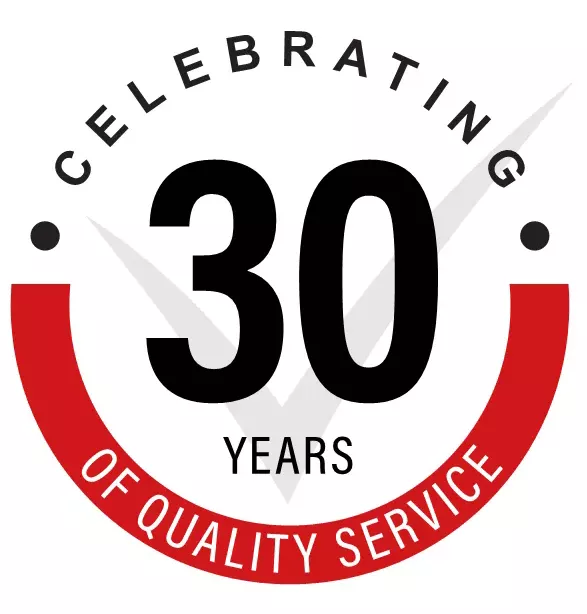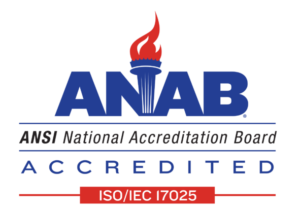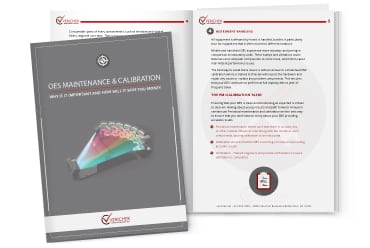What are standard operating procedures?
Standard operating procedures are detailed instructions on how to carry out a particular job. For positive material identification, PMI testing, these instructions will describe exactly how the sample is to be prepared, what type of instrument should be used for the specific type of data needed, how to ensure the instrument is calibrated, and ultimately how to perform the test. Establishing proper standard operating procedures will also provide verification of results and traceability.
Why are standard operating procedures necessary?
Standard operating procedures are necessary to reduce operator to operator differences in testing. In addition, companies want to ensure the results are accurate from test to test. Standard operating procedures ensure that each person doing the testing is performing the test exactly the same and the results can be trusted. Putting standard operating procedures in place ensures the operators verify the instrument is working optimally before performing the test, which assists in traceability and reliability of the results.
Establishing the standard procedure
Verichek’s staff of trained technical engineers regularly assists companies in setting up standard operating procedures. The technical engineer will ensure the operators are properly trained on the operation of the OES instrument, know how to establish and verify calibration, and ensure the operators understand how to resolve minor issues if the instrument is found to be out of calibration. Being able to keep your instruments in calibration will reduce downtime and ultimately save money.
Traceability
When producing metal components for various industries, traceability becomes very important. End customers need to be able to follow the supply chain backwards to find where failures may have potentially occurred. Having standard operating procedures in place and maintaining accurate documentation on calibration and test results will ensure the parts you are producing meet the requirements and you have the proof to stand behind all your testing.



 OES MAINTENANCE & CALIBRATION:
OES MAINTENANCE & CALIBRATION: